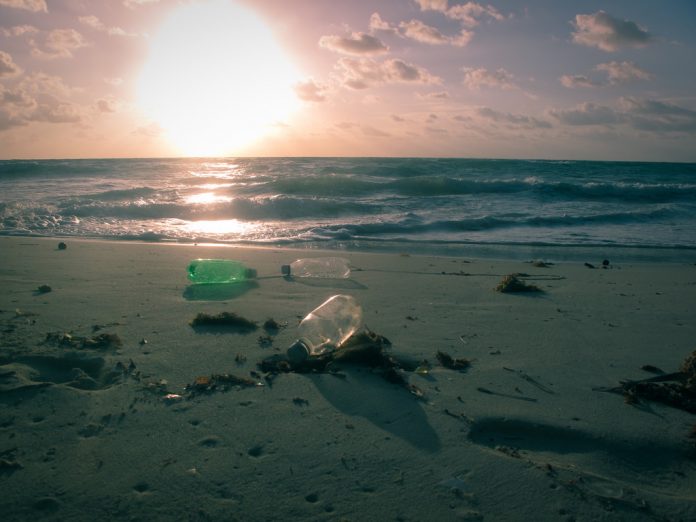The first-ever Europe-wide strategy on plastics was adopted on January 16 to protect the environment from plastic pollution, turning a challenge into a positive agenda for the Future of Europe.
Under the new plans, all plastic packaging on the European Union market will be recyclable by 2030, the consumption of single-use plastics will be reduced and the intentional use of microplastics will be restricted.
“If we don’t change the way we produce and use plastics, there will be more plastics than fish in our oceans by 2050,” said First Vice-President Frans Timmermans, responsible for sustainable development. “We must stop plastics getting into our water, our food, and even our bodies. The only long-term solution is to reduce plastic waste by recycling and reusing more. This is a challenge that citizens, industry and governments must tackle together. With the EU Plastics Strategy we are also driving a new and more circular business model. We need to invest in innovative new technologies that keep our citizens and our environment safe whilst keeping our industry competitive.”
According to European Commission Vice-President Jyrki Katainen, who is responsible for jobs, growth, investment and competitiveness, the EU’s new plastic strategy is laying the foundations for a new circular plastics economy.
“This will help to reduce plastic litter in land, air and sea while also bringing new opportunities for innovation, competitiveness and high quality jobs,” he said. “This is a great opportunity for European industry to develop global leadership in new technology and materials. Consumers are empowered to make conscious choices in favour of the environment. This is true win-win.”
The Commission will provide guidance for national authorities and European businesses on how to minimise plastic waste at source. Support for innovation will be scaled up, with an additional €100m financing the development of smarter and more recyclable plastics materials, making recycling processes more efficient, and tracing and removing hazardous substances and contaminants from recycled plastics.
According to the European Commission, Europeans generate 25m tonnes of plastic waste each year and less than 30% is collected for recycling.
Across the world, plastics make up 85% of beach litter. And plastics are even reaching citizens’ lungs and dinner tables, with microplastics in air, water and food having an unknown impact on their health.
In related news, the Socialists & Democrats (S&D) Group in the European Parliament support the Commission’s call for strong measures to conserve and sustainably use the oceans, seas and marine resources according to the UN Sustainable Development Goals.
“It is important to recognise the human impact on oceans, whose activities have resulted in increasing levels of greenhouse gases, sea level rises and significant leakage of plastics in the Mediterranean Sea and worldwide,” said S&D spokesperson on the environment, Miriam Dalli. “It has also resulted in increased marine litter, which kills ocean life and threatens our health. Micro-plastics are entering the food chain with yet unknown consequences, posing new potential threats to animal and human health.”
Meanwhile, the Alliance of Liberals and Democrats for Europe (ALDE) Group in the European Parliament said the proposals should have been more ambitious, given the disastrous environmental consequences of plastic pollution affecting our natural environment.
Gerben-Jan Gerbrandy, ALDE Coordinator on the European Parliament’s Environment Committee, said: “The European Commission’s measures are welcome, but could have been more ambitious. The circular economy, and plastics in particular, play a crucial role for European economic development, opportunity and innovation. Without hard legislative measures today, the EU’s competiveness is at risk with countries such as China moving forward in leaps and bounds.”

